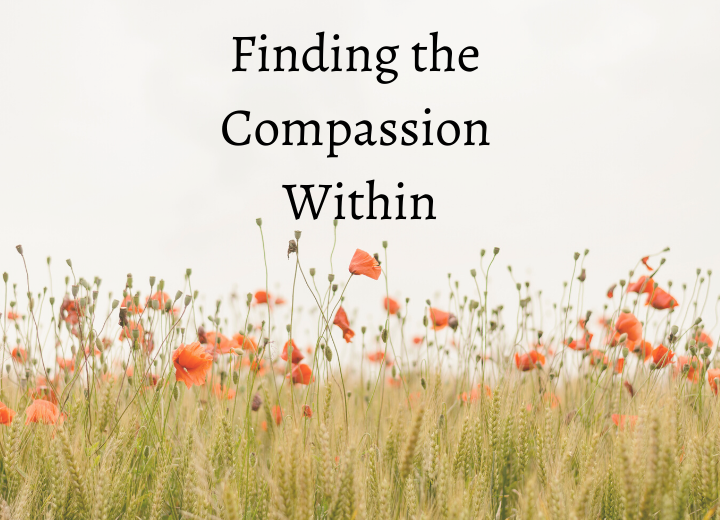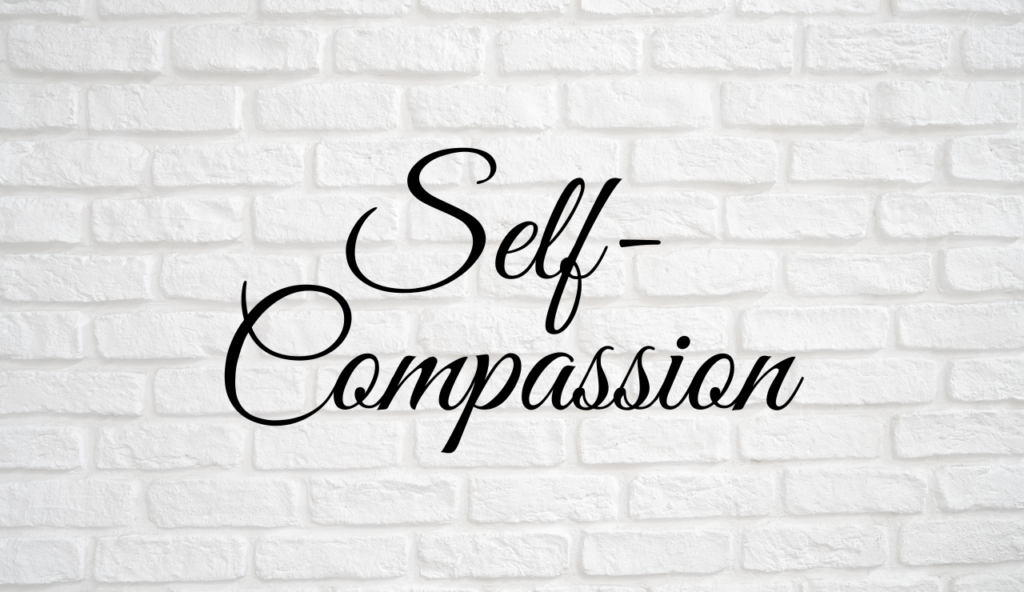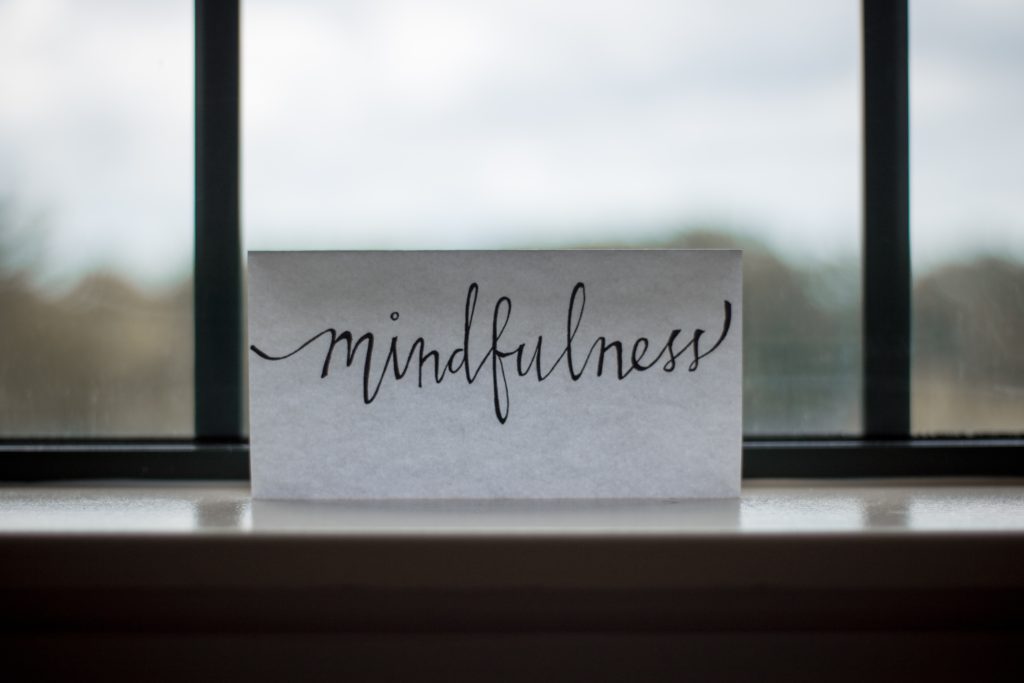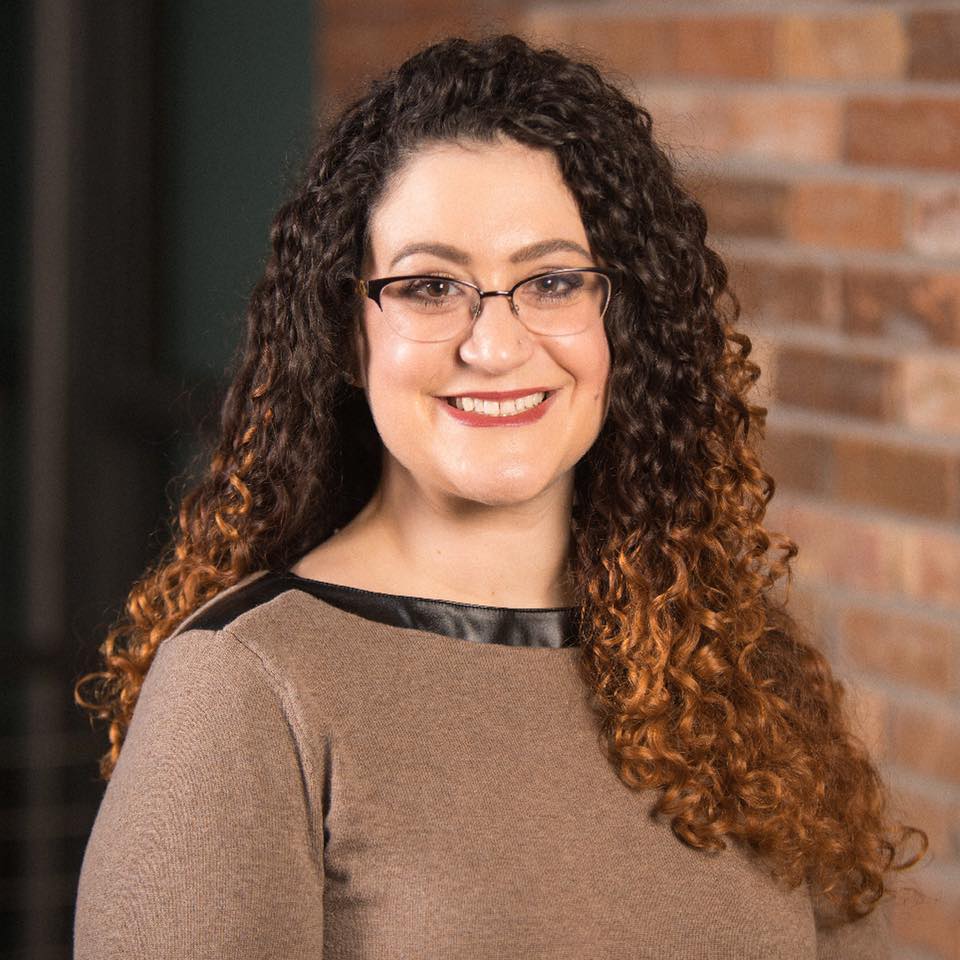Ep. 149: Becoming a Better Advocate with Heather Hansen

Welcome back to another episode of Your Anxiety Toolkit. Today we have on the podcast an amazing guest, Heather Hansen. Heather is a trial attorney, television legal analyst, and author of The Elegant Warrior: How to Win Life’s Trials Without Losing Yourself. Heather shares how we can learn to become a better advocate for ourselves using many of the same tools that she has used in the courtroom.
In this episode, Heather details the “tools of an advocate” that you can use to help win over your own self jury, that critical voice in your head that may say “You’re not good enough. Things aren’t going to work out. It’s time to be anxious.”
One of the tools Heather discusses involves collecting evidence when faced with self-doubt or worry. She suggests writing down, at the end of the day, what has made you proud. By collecting evidence, you start to build credibility with yourself. You can’t advocate for yourself unless you believe in yourself. Collecting evidence, building credibility and believing in yourself are the first steps in learning to become a better advocate.
Another tool of the advocate involves the words that you use and particularly the words you say to yourself. Words can create your reality. If you are anxious and use the term ‘I am freaking out’ you likely will freak out. However, changing your words to ‘I am concerned’ can actually change how you view a situation. The next tool is perspective. If you view the world as dangerous and scary then the world is going to feel dangerous and scary. There are always many ways to view a situation, Heather challenges us to look at all of those different views and then choose the perspective that best serves you. Finally Heather spends some time discussing how presentation, body language, and tone are also important tools of an advocate.
Heather provides such fascinating information and amazing insight. I was taking notes during the entire interview! I hope you find it as helpful.
You can find more information on Heather Hansen’s blog, podcast, books, and coaching services at heatherhansenpresents.com
The Elegant Warrior: How to Win Life’s Trials Without Losing Yourself
Find Heather on Instagram @imheatherhansen
ERP School, BFRB School, and Mindfulness School for OCD are all now open for purchase. If you feel you would benefit, please go to cbtschool.com









